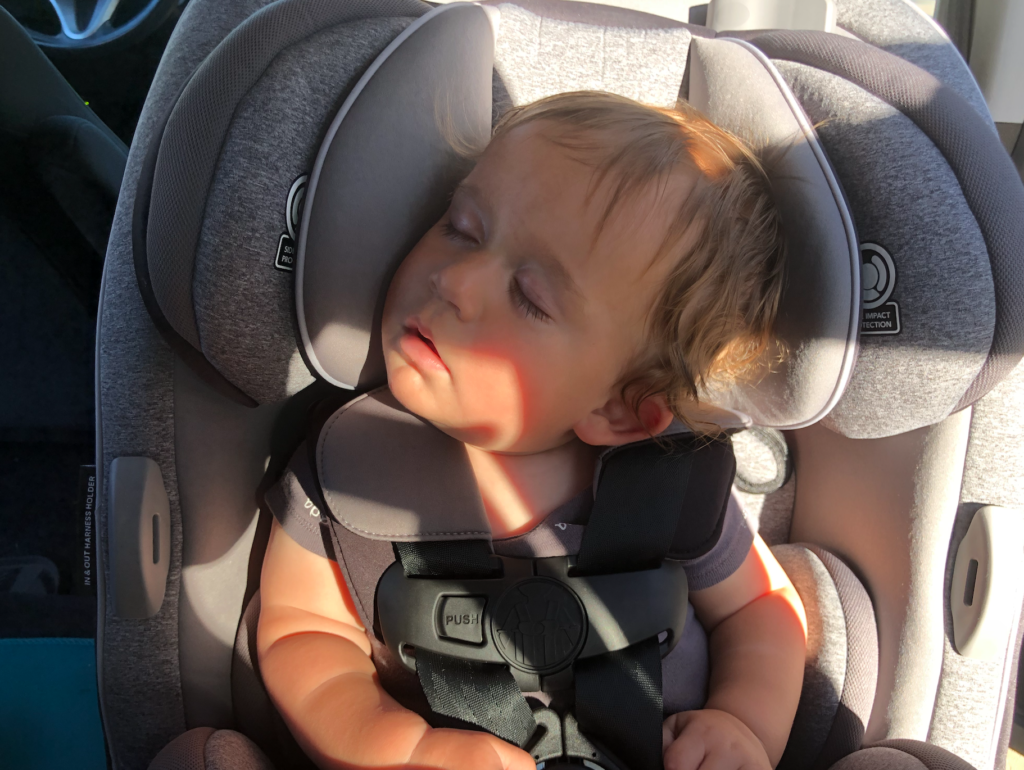
How to Get Up Earlier Without Relying on Willpower
Written by Fritz Nugent
Let’s assume that you know your ideal schedule, and on it you’re supposed to get up at 7 AM. Currently, you usually sleep in until 8:00 or 9:00 am. Or perhaps you are going through a job change and now have to wake up a few hours earlier. How do you shift your circadian rhythm without simply setting an alarm for dark-thirty and suffering for a few weeks to months? There is a better way.
Body Temperature and Circadian Rhythm
Each of our bodies are on a 24-hour circadian rhythm, or clock, which tells us when to prepare for waking and when to sleep. Sleeping and waking are directly tied into our temperature, which has a daily high (about 8-12 hours after waking), and a temperature minimum (about 1.5-2 hours before your average wake-up time). That temperature minimum is important. I want you to calculate yours now. If you wear a smartwatch, go in and check your wake-up times for the past 7 days. Got that? Great. Mine is 7:20 AM. Now, let’s do some simple math. Our temperature minimum occurs 1.5-2 hours before wake-up time. So for me, that’s 5:20-5:50 AM. Calculate your own low temperature time estimate and keep that in mind for this next part on how to shift your wake-up time.
Shifting Your Wake-Up Time
Research has shown that if we view bright light in the 4-6 hours AFTER our temperature minimum, we will push our circadian clock to wake us up a little earlier THE NEXT DAY. The opposite also holds true. Viewing bright light 4-6 hours BEFORE our temperature minimum will push our circadian clock to wake us up later the next day.
So which way do you want to go? Some people work nights and need to learn how to shift their alert hours during the night. This is one simple way to help with that shift.
Obtaining Bright Light
If you want to shift your circadian rhythm to an earlier wake-up time, then begin a habit of waking up and immediately immersing yourself in light. Within 10-15 minutes of waking, go outside and walk. Get sunlight on your skin! If you can’t get outside, then turn all the lights on and perform your daily tasks.
If you want to shift your clock to a later wake-up time, then spending time in well-lit spaces in those 4-6 hours before your current temperature minimum will steadily push your wake-up time to later in the day.
Pinching Your Temperature Minimum
If you are subjecting yourself to bright light exposure in BOTH pre- and post-temperature minimum 4-6 hour windows, STOP IT. You are confusing your circadian rhythm and most definitely are overstressing your body.
This only works if you are sleeping enough 🙂 So get enough sleep (7.5+ hours in bed).
Thanks for this article. It is very helpful. How should we incorporate TV and computing devices? Is there enough light from these devices to confuse our circadian rhythms (i.e. watching TV or checking our email before going to bed)?
You want blue light blocking glasses or filter/ apps on the devices and dim them if possible to less then 10 lumes ideally. Or have tech free wind down time before bed, 30 minuets minimum.